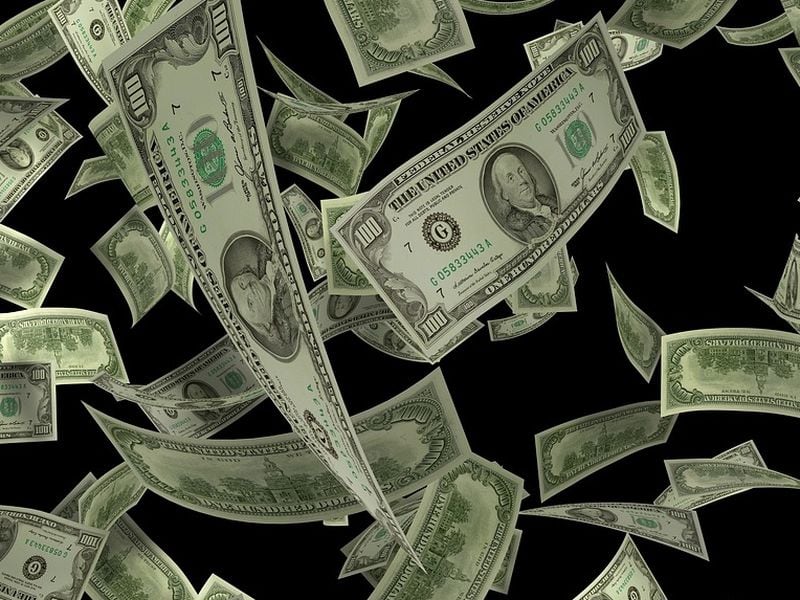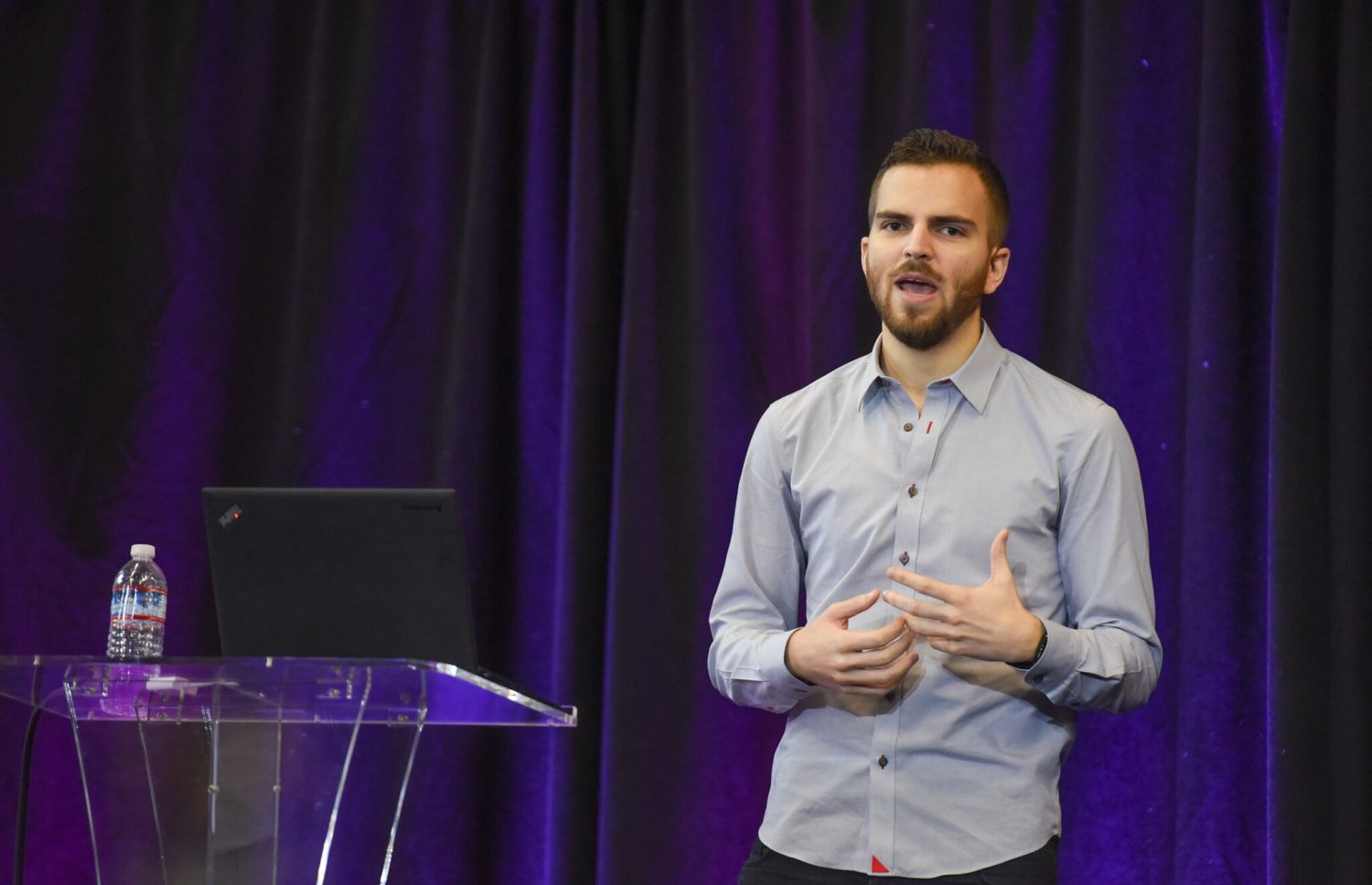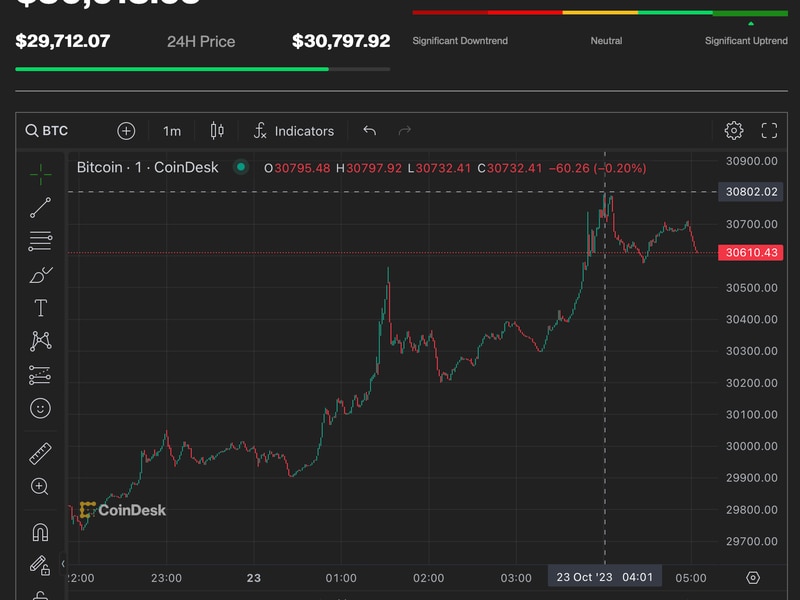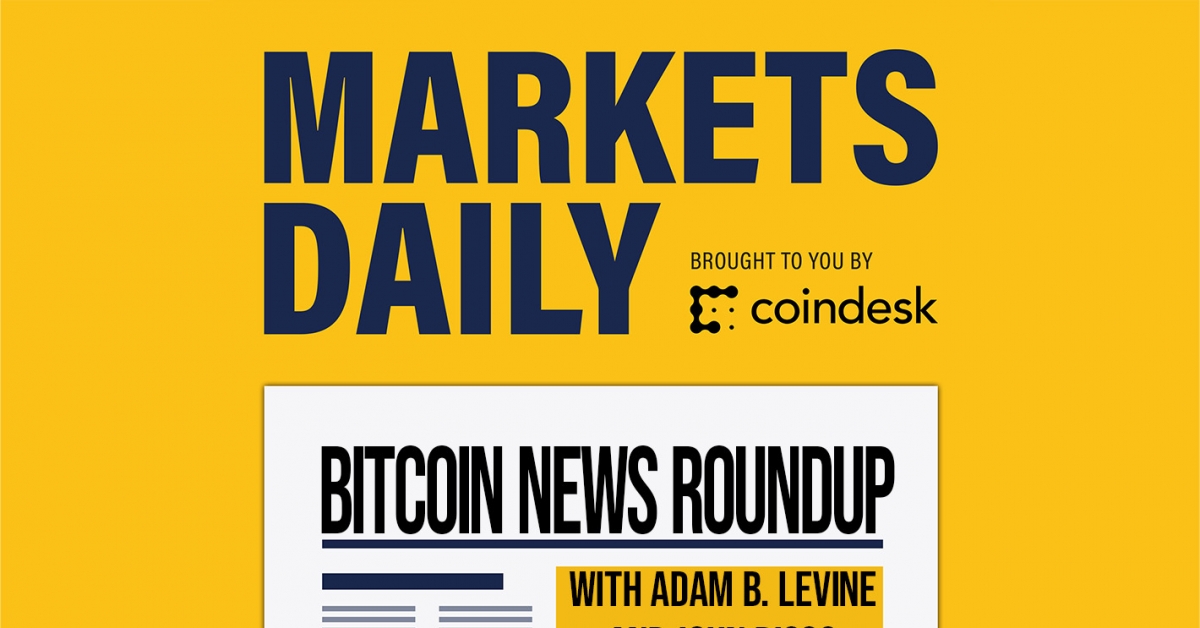Soft Science Economics Struggles With Hard Money Bitcoin
Proving that economics is more an art than a science, Federal Reserve Chairman Jerome Powell said the central bank will “skip” a round of rising interest rates. This left market analysts to debate the meaning of the word.
For the first time in over a year, the Federal Reserve has decided to stay the course by keeping rates at about 5%, breaking its streak of 10 consecutive interest rate hikes. However, Powell has left open the door to further hawkish rate increases, clarifying that he “shouldn’t call it a skip.” What would the market think?
This is an excerpt from The Node newsletter, a daily roundup of the most pivotal crypto news on CoinDesk and beyond. You can subscribe to get the full newsletter here.
Despite the Fed’s decision to pull back on the most aggressive monetary policy strategy in the U.S. since the 1980s, stocks and crypto crumbled after the press conference. For many, Powell’s slip of the tongue all but guarantees the Fed will continue to raise interest rates this year, likely as early as July, in a bid to cool the economy. Powell said signs show inflation appears to be easing, finally, and will use this … pause … to assess the impact of the Fed’s strategy.
I don’t envy Powell’s job to navigate an economy out of a global pandemic, which contributed to consumer price inflation spiking to 40-year highs of over 9%, as a regional war cut the global supply of necessities like wheat and oil. But the experimental economic rejiggering at the Fed is already one for the history books. “Given how far we have come, it may make sense for rates to move higher but at a more moderate pace,” Powell said, confirming the Fed intends to move more slowly after a breakneck pace. “It’s just the idea that we’re trying to get this right.”
For many, however, Powell has already gone wrong. It’s widely believed that the Fed’s financial engineering contributed to the collapse of three U.S. banks earlier this year – including the second-largest bank failure on record in the U.S. – by cratering the value of U.S. Treasury bonds. Backed by the full faith and credit of the U.S. government, Treasurys are considered the safest investment in the world. This banking distress could continue to weigh on the economy.
Then there are the effects on everyday folk. According to a WalletHub survey (between May 29 and June 2) two-in-five people say Fed rate hikes are forcing them into more debt, and putting their jobs at risk. Part of the Fed’s strategy of cooling an overheated economy is by increasing unemployment. WalletHub projects further that the Fed’s cumulative rate hikes of 500 basis points will translate into consumers paying $33.4 billion in extra interest charges over the coming year.
Borrowing costs are the highest in years and mortgage rates have been volatile and even if inflation has technically come down. People still report paying more than ever for groceries, healthcare, etc. Powell is at least candid about the difficulties ahead of trying to push inflation down to the Fed’s standard 2% target. “The process of getting inflation down is going to be a gradual one,” he said. Though he thinks the right conditions for that “are coming into place.”
Whether that translates into less economic anxiety is another question. It’s worth noting the stock market recently entered a bull market (as have most assets, besides crypto), which is a ringer for populist rage considering who owns the majority of stocks (i.e. not the people hurt most by higher consumer prices).
To put a bow on this, because this is a crypto news site, there was a time when bitcoin advocates really seemed to think that government mismanagement or incompetence would drive people into the fold. If that was ever true, perhaps around when you could still call bitcoin an inflation hedge, adoption likely only happened around the margins. Bitcoin traded flat during the recent U.S. debt default debate – if ever there was a time for a hedge, or a currency with a predicable issuance schedule. In the U.S., it’s hard to see bitcoin treated as anything more than a curiosity – at least in the short term.
But these things are relative. In places like Turkey and Argentina, bitcoin adoption continues to outpace those countries’ inflation. In other words, it’s a “hard money” depending on what currency you’re using. I guess that’s why they call economics a “soft science.”









